Kingdom of America
The Kingdom of America is a large nation in North America ruled over by the House of Hohenzollern-Columbia from 1790 to 1818 and the House of Lexington since 1818 . The current King of America is Henry III.
Structure
The Kingdom of America is a federalized monarchy, in which each territory is divided among the 49 states, as well as the capital of Columbia and the principality of Sequoyah. Most of these states are continuous among the North American continent, with only the state of Yucatan being disconnected from the rest of the nation. Each state is led by a Governor, but by the Constitution is allowed up to one Duke and three Earl per state. The exception to this is states such as Pennsylvania, which is designated for the Grand Duke, as well as Sequoyah, which falls under the rule of the Prince Regent.
The majority of the advisory staff is formed into the Executive Cabinet, with the Chancellor as the chairman. The Chancellor is the appointer of all cabinet members, with the exception of the Secretary to the Monarch, though the appointments require approval of the King before going to Congress for confirmation. The King is the Commander in Chief of the armed forces. As such, the King is authorized to give commands to personnel, but cannot give field orders.
Culture
Early on in American history, the issue of slavery became a heated topic as the nation grew larger. The Libertarian Party was formed with the idea of gradual or all out abolition of slavery. The idea was formed in opposition to the power of the monarchy as much as humanitarian ideology. They cited Europeans such as Russia and the harsh treatment of Irish indentured servants as evidence that the white population was not safe from slavery under a monarchy. Their efforts saw the restriction of slavery to the western territories, but also several rebellions from pro-slavery states. The largest of which was the Texas Rebellion, which saw the declared Republic of Texas attempt to secede from the Union.
The reliance on militia forces that dominated American military power was ended under King Henry I. Subsequently, the Colleges of the American Royal Military Academy(ARMA) and the American Royal Naval Academy (ARNA) were designated to train military and naval officers, originally overseen by veteran Prussian instructors. This saw the American military be a formidable fighting force.
Under King Henry I, the titles of Duke and Earl were established to build an American aristocracy, much to the praise of the Unionist Party and the chagrin of the Republican Party. The titles were bestowed on American civilians, notably American Revolutionary commanders, who have performed significant accomplishments for American society.
The idea of Manifest Destiny has always been prominent in American culture and politics. It led to the compromise of the Mexican Purchase, as well as attempted filibusters in Oregon, Cuba, and Nicaragua.
The Continental Ordinance has driven American foreign policy since its inception, in particular with respect to the affairs of Europe. The Ordinance forbade the American intervention in European politics and wars, but also required the American nations to suppress any European intervention in affairs of any nation in the Americas. Though not every nation in the Americas have signed the Ordinance, it has nonetheless caused significant consequences to the signatories.
The American government had worked to assimilate the Native tribes into American culture, though through various means. The relocation of the Sioux people had led to various battles and skirmishes, most notoriously what would be called the Battle of Wounded Knee.
Public Agenda
The Public Agenda within the Kingdom of America is ever changing, as the selection of Chancellor results in policies from varying different political parties. There are four main parties in the Kingdom.
History
The idea of the United States came after receiving independence from Great Britain in 1783. However, the following governing document of the Articles of Confederation proved to be too weak to govern effectively, and thus a new form of government was needed. A radical idea from Alexander Hamilton and Nathaniel Gorham to place Prince Henry von Hohenvollern of Prussia, younger brother of Frederick the Great, as monarch. Though initially divisive towards the idea, utilizing the Federalist Papers and the presence of Prince Henry himself in the Capitol, the vote eventually passed by a narrow margin to approve. George Washington was elected as the first Chancellor of America, a title modeled after the Minister President of Prussia, though with more federal protection and executive power to ensure the monarch cannot be an absolutist.
The Kingdom faced considerable problems from the start, as politicians such as Thomas Jefferson were openly hostile to the idea of monarchy. Jefferson, who had been serving as Secretary of State, would eventually resign in 1792 and declared the Oregon Territory to be an independent Republic.
Wars against the native tribes were inherited by King Henry early in his reign. Henry was appalled by the American's reliance on militia, and ordered they be integrated under Federal Officers for more oversight and training. With this action, crimes against the allied native tribes decreased, and the wars eventually brought the tribes under American jurisdiction. This increased tensions with the colonies in British North America.
America became openly hostile to the revolutionary government of France in 1792. Though Chancellor Washington wished to remain neutral, King Henry demanded military action against the disruption of American naval operations. Without Chancellor support, war could not officially be declared. The First Franco-American War was declared in 1798 after Chancellor John Adams agreed with King Henry, and naval actions begin in the Caribbean Sea. Relations with the former slave colony of Haiti dramatically improve as the island was crucial to French finances. The war ended in 1801 after Napoleon, First Consul of France, sued for peace.
The war against the French would continue in 1803 as Crown Prince Louis Ferdinand was killed during action against French and Spanish forces in the Louisiana Territory. Though critics of the war declared the Prince's actions as illegal, war was still declared against the Spanish and French. The Louisiana Territory became a site of American conquest by American forces. The Second War ended in an American victory in 1806. Originally, America argued for the captured Port of New Orleans, but Napoleon and Charles IV of Spain offered the entirety of Louisiana in exchange for financial compensation. Form Spain, America gained the territories of East and West Florida. King Augustus I became known as Augustus the Conqueror in America for the action.
In 1809, King Augustus II entered the War of the Third Coalition, and sent American troops for the first time to Europe to support Louis I and the Kingdom of Holland during the Battle of Antwerp. The battle ended in a coalition victory, leading to the eventual downfall of Napoleon.
In 1815, America and Britain went to war once again after hostilities between the British North American Colonies reached a tipping point as the latter supported Native insurrections in American western territories. Though the War of the North ended in an American victory, King Augustus II wished to not annex any Canadian territory, as he understood the conflict was against rebelling colonists and not the British themselves. Instead, the two nations formalized a hard line border and foreign policy. However, the coalition known as Tecumseh's Confederacy recieved significant reprocussions, being dismantled and reorganized into the Territory of Huron.
Following the War of the North, King Augustus declared the House of Lexington to better align with American heritage, being named as the "First American King". He also decreed the Continental Ordinance, declaring an end of American intervention in Europe, and the enforcement of lack of further European expansion in the Americas. Nations such as Mexico, Brazil, Peru, Argentina, and Haiti would also adopt this document as foreign policy.
In 1831, despite measures to secure land rights for the natives of the Five Tribes, Chancellor John Quincy Adams convinced King Augustus II to enter into negotiations in order to avoid a conflict between the Tribes and an unatuthorized Georgia militia. The Five Tribes were granted the region of West Florida in what would become the Sequoyah. Crown Prince William was appointed as first Prince Regent.
In 1838, Chancellor Henry Clay and King Augustus II formalize an agreement with the Empire of Mexico under Vicente I. The following purchase of Mexican lands secured American access to the Pacific Ocean. However, though he disagreed with the purchase, the deal was done so that Clay could have the support for the abolition movement happening in America. The proposed Constitutional Amendment sees significant state opposition, leading to the Texas Rebellion in 1839. The rebellion ends in a federal victory in 1841.
In 1842, Chancellor Daniel Webster used federal funds to compensate former slave owners, directly leading to the Economic Panic of 1844. Though the funds helped to lessen the outrage over abolition, Chancellor John P. Hale uses federal forces in order to ensure the safety of the newly freed African-Americans. However, despite efforts for integration, many freed persons are forced to Haiti or to the American Territory of Freeman.
Gold was discovered in the territories of California and Colorado beginning in 1848. The mass migration west saw the American population shift dynamically. This migration eventually led to the discovery of gold in Freeman as well in 1859. American businessmen planned to build a railroad connecting the two coasts together. Many politicians in Freeman argued they should have a say in the construction, and thus argued for statehood. This required that the people of Freeman, overwhelmingly of African descent, receive the right to vote, thus requiring citizenship. Two amendments were proposed. One granted citizenship to all freed people in the kingdom, and the other extended the right to vote to all men of color.
These amendments, however, were first proposed in 1849, under the Chancellery of John P. Hale. John C. Fremont, Premier of the Senate, forced the votes on the amendments in Congress. However, these "Gunpoint Amendments" were later challenged and suspended by Premier William King under the pretense that the votes in objection were excluded, as many of them came from rebelling states. The Amendments were reworked and finally ratified in 1863 to quell racial tensions.
In 1850, Franklin Pierce Pierce wins the election for Chancellor on the grounds of annexing Cuba as a possible cash crop territory and a slave plantation society. The action see support among the Whig Party, who believe the addition of the territory would strengthen the southern cause, as well as the Unionist Party, who have grown to favor American expansion. However, Pierce's more controversial demands, notably the calls for the conquest of the Republic of Oregon, receives little support. International relations with Oregon are significantly diminished, as well as Pierce's political standing. As public and political support for the act is minimal, King William I refused to allow for federal troops to be sent to Oregon. However, filibuster attempts in Cuba go unchecked.
In 1854, Sir Winfield Scott of the Unionist Party won election for Chancellor on the argument for domestic reforms, notably the reformation of the public school system under the discretion of Horrace Mann as Department Head. King William I broke with tradition as he openly supported Mann's efforts, thus securing Scott's nomination and later victory. Under Scott, the American education system reformed to reflect that of the Prussian school system, and public education enhanced. However, Mann's arguments for the education of African American children garners less support.
In 1865, with the assassination of Emperor Vicente II of Mexico and Empress Maria, who was originally an American Princess, King William I and Chancellor Robert E. Lee requested a declaration of war on the new Mexican Provisional Republican Government. The request was granted by Congress, and Mexico was invaded. With the American victory, William placed his grandson, Miguel, as the new Emperor of Mexico. Though Miguel was himself overthrown in 1867, the new King Edward I declined to intervene, as the American people had grown tired of interfering in Mexican affairs.
In 1868, Chancellor Robert E. Lee refused to commit military forces in the Cuban War for Independence. However, his successor, John P. Hale, attempted to garner support for American intervention in an attempt to gain Cuba as a territory. Though he was unsuccessful, he managed to secure the incorporation of Rio Grande and Yucatan as states following the Third Mexican Civil War.
The Kingdom of America saw significant workers protests beginning in 1875, reaching a point of breaking with the Great Railroad Strike of 1877. The movement was spurred on by the election of Libertarian Abraham Lincoln Lincoln to the office of Chancellor. Lincoln had been a vocal supporter of increased worker's rights, to which many in the opposition began to call his efforts socialism. In response to the opposition, protests in factories, mines, and the railroads slowly gained traction. These protests were oftentimes violently put down, and much of the blame for the violence was placed on Chancellor Lincoln, though the Chancellor argued for peaceful measures to meet the goals. The Unionist Party attempted to open articles of impeachment against Lincoln, claiming his measures for workers rights were causing insurrection. King Edward II distanced himself from Lincoln, causing resentment from the working class towards the monarchy and aristocracy.
In 1893, American missionaries attempted to overthrow the Kingdom of Hawaii in favor of American annexation. However, King Edward II refused to entertain the idea, and advocated for the restoration of the Hawaiian monarchy. It was until his nephew, Edward III, became king that Hawaii was restored as a monarchy in 1909.
With the ascension of King Henry II in 1893, the Chancellor's from the Unionist Party gained much more prominence than had originally been implemented.
In 1918, America hosted the Congress of Columbia, in which the nations of North and South America were to decide on policy in regards to the ensuing Great War taking place globally. The conference sought to create a consensus that was meant to bring peace in the region. While the Congress failed to create such a consensus, King Edward managed to escape the involvement in the conflict.
In 1940, when Japan declared the signing of the Greater East Asia Co-Prosperity Sphere, King James I condemned the treaty, as the increased naval presence and Japanese control over Hawaii could threaten the west coast of America if Japanese imperial ambitions were not curved. However, Japan called the American government hypocrites, causing James to look into forming the Pan-American Confederation.
As a means to mitigate tensions in the Pacific region, the US Secretary of State proposed meeting with a dignitary from Japan. This led to the Japanese-American Naval Treaty. Japan's militarization was amended in its entry into the Russo-German War, but this new treaty sought to minimize the extent. America and Japan agreed to operate no more than two Aircraft Carriers each for example. The Treaty was controversial in both nations, with the Japanese dignitary being forced to resign.
When Japan began to build and then officially sell their new aircraft carriers to their allies and puppets, America saw this as a blatant violation of the treaty. Japan officially counted two carriers in the Imperial Japanses Navy, but within the GEACPS, they manned nine. America declared they would build their capabilities to match this, reaching seven before the peak of tensions.
America successfully negotiated the lease of Guam from Germany as the latter desired support in the Pacific region against Japanese expansion. Japan saw this as an act of aggression, sending an ultimatum. This was ignored, and the American navy sent a carrier strike group. The group was ambushed en route by the Imperial Japanese Navy, causing America to declare the Pacific War. America called for aid, in which Germany answered. As per the terms of the Anglo-Japanses Alliance, this cause Great Britain to also declare war on America, enveloping all the global conflicts into the World War.
Territories

E Pluribus Unum, "Out of many, one"
The Legislative Branch is controlled by Congress. the Upper Body consists of the Senate, whose members are decided by the states, and the Assembly, whose members are elected by the people. The Senate is presided over the Premier of the Senate, whose role was drastically increased in power and importance under the guidance of Elbridge Gerry.
The Judicial Branch is controlled by the Supreme Court, whose members are appointed by the Chancellor and serve for life. Notable members of the Supreme Court include John Marshall, who served as Chief Justice after leaving the office of the Chancellor.
The Executive Body of the Government is shared between the Chancellor and the Monarch. Though the roles have shifted throughout the years, traditionally the Chancellor is head of domestic affairs while the Monarch is head of foreign affairs. Both parties are required to declare war.
The power between the monarchy and the chancellery have fluctuated throughout the nation's history. The power of the monarch was the strongest during the reign of King Augustus II. However, under the reign of the aloof Henry II, the power swung to the chancellery, creating a corrupt patronage system in the government.
- Abraham Lincoln
- Albert Gore Sr
- Alexander Hamilton
- Amelia
- Andrew Louis
- Anne Roosevelt
- Augustus I
- Augustus II
- Beatrice
- Caroline
- Charles Evans Hughes
- Charles W. Fairbanks
- Cordell Hull
- Daniel Webster
- Douglas MacArthur
- Dwight D. Eisenhower
- Edward
- Edward I
- Edward II
- Edward III
- Elbridge Gerry
- Eleanor
- Frank B. Kellogg
- Franklin D. Roosevelt
- Franklin Pierce
- Grover Cleveland
- Henry Augustus
- Henry Clay
- Henry I of America
- Henry II
- Henry III
- Henry L. Stimson
- Isabella
- James
- James A. Garfield
- James M. Cox
- James S. Sherman
- Joel Parker
- John Adams
- John C. Fremont
- John Marshall
- John P. Hale
- John Quincy Adams
- Mary Hamilton
- Richard Hale
- Robert E. Lee
- Rufus King
- Salmon P. Chase
- Teresa
- Theodore Roosevelt
- Thomas F. Bayard
- Vanessa
- William H. Crawford
- William I
- William II
- William McKinley
- Winfield Scott





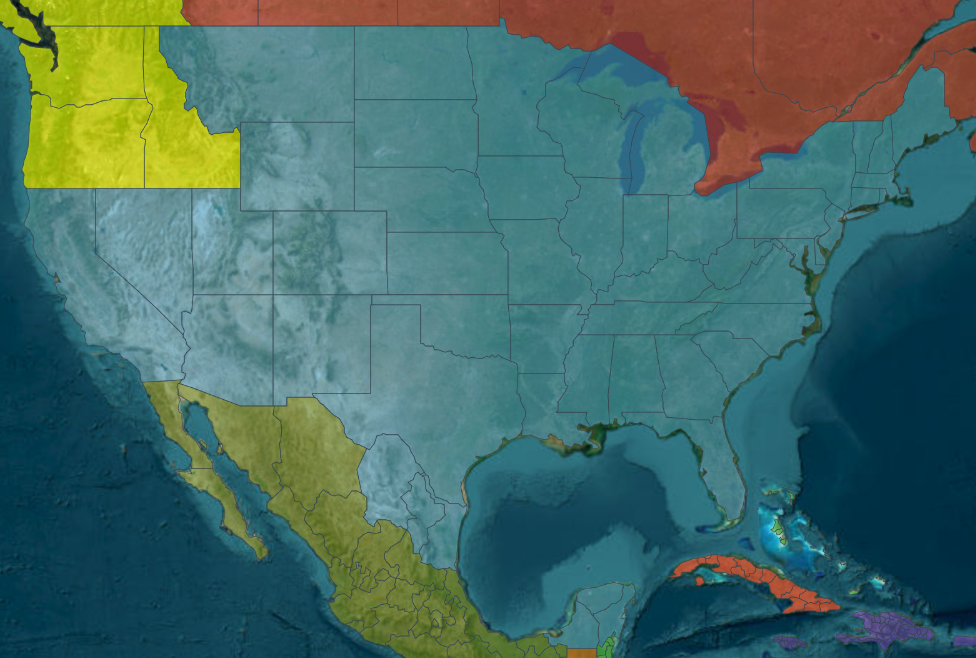















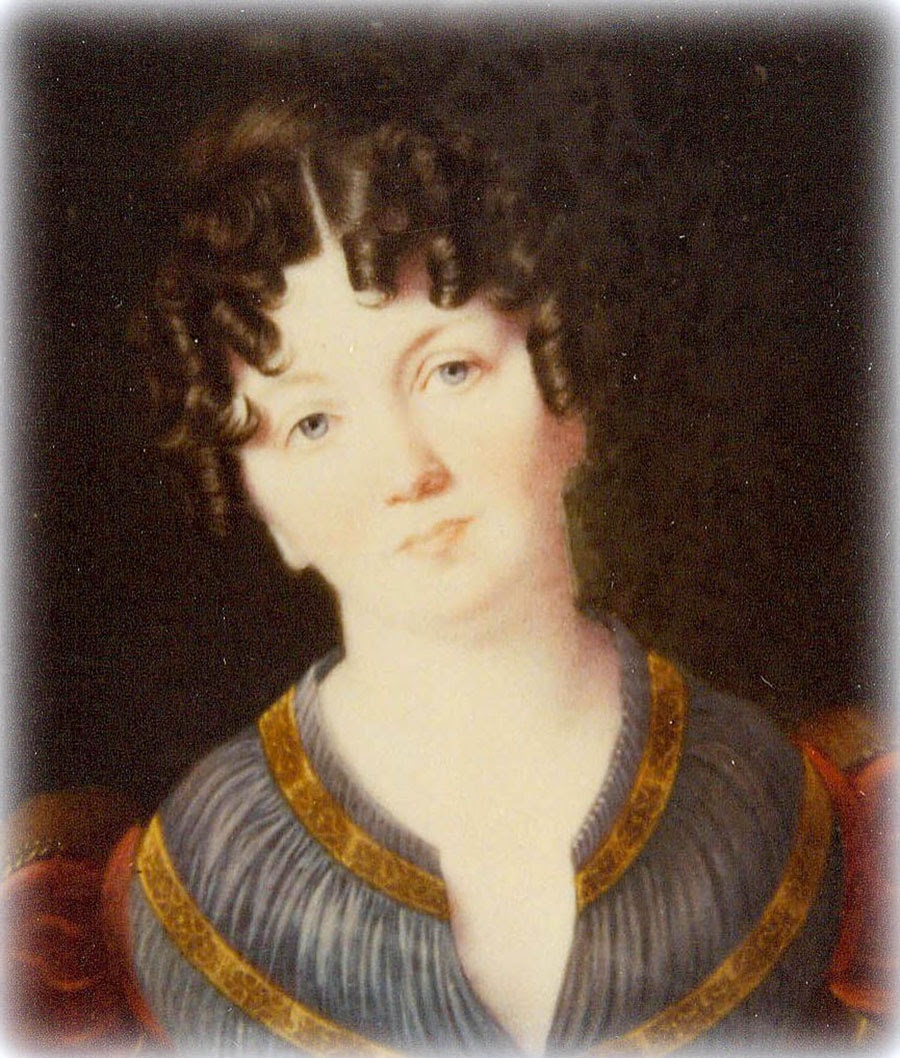











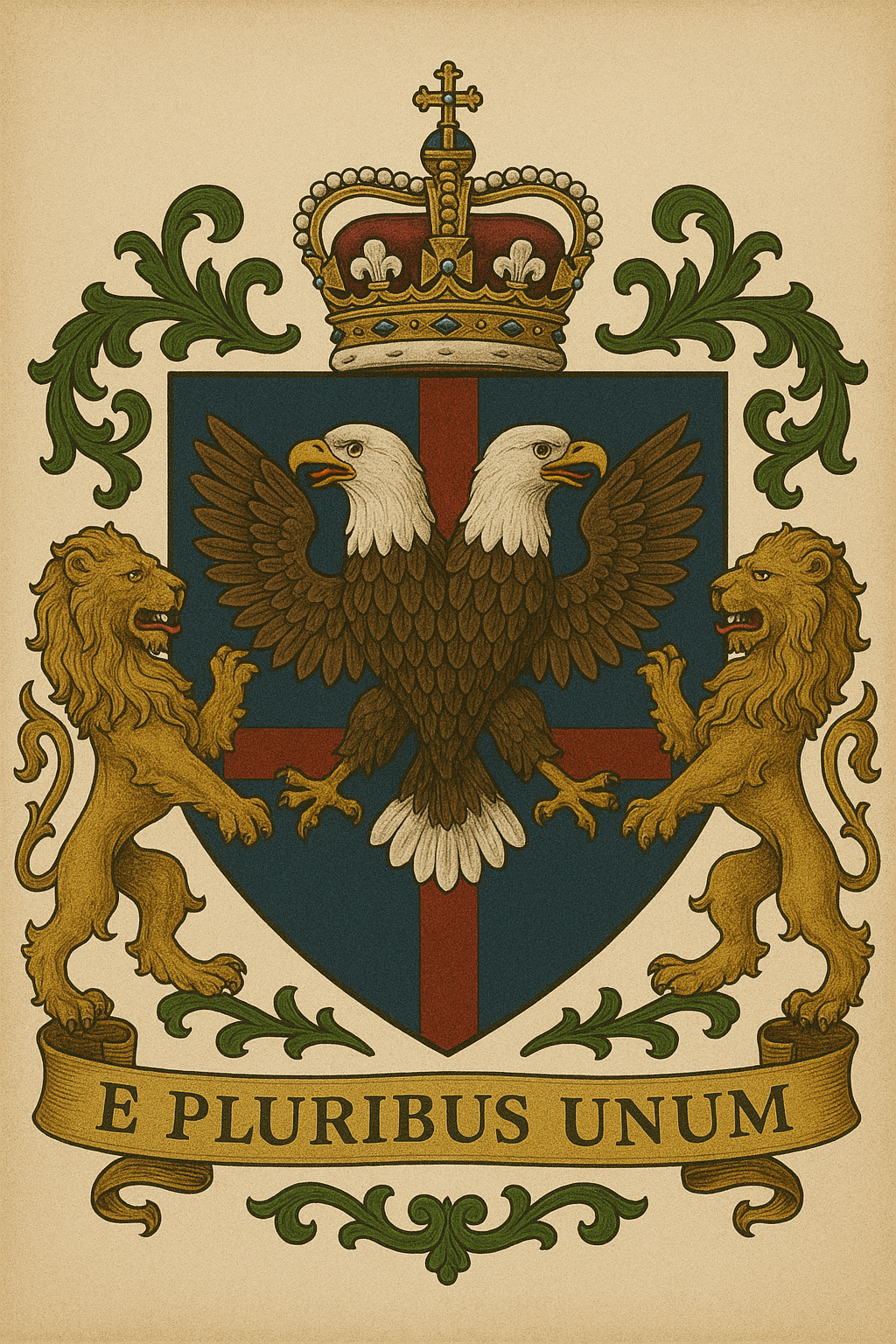


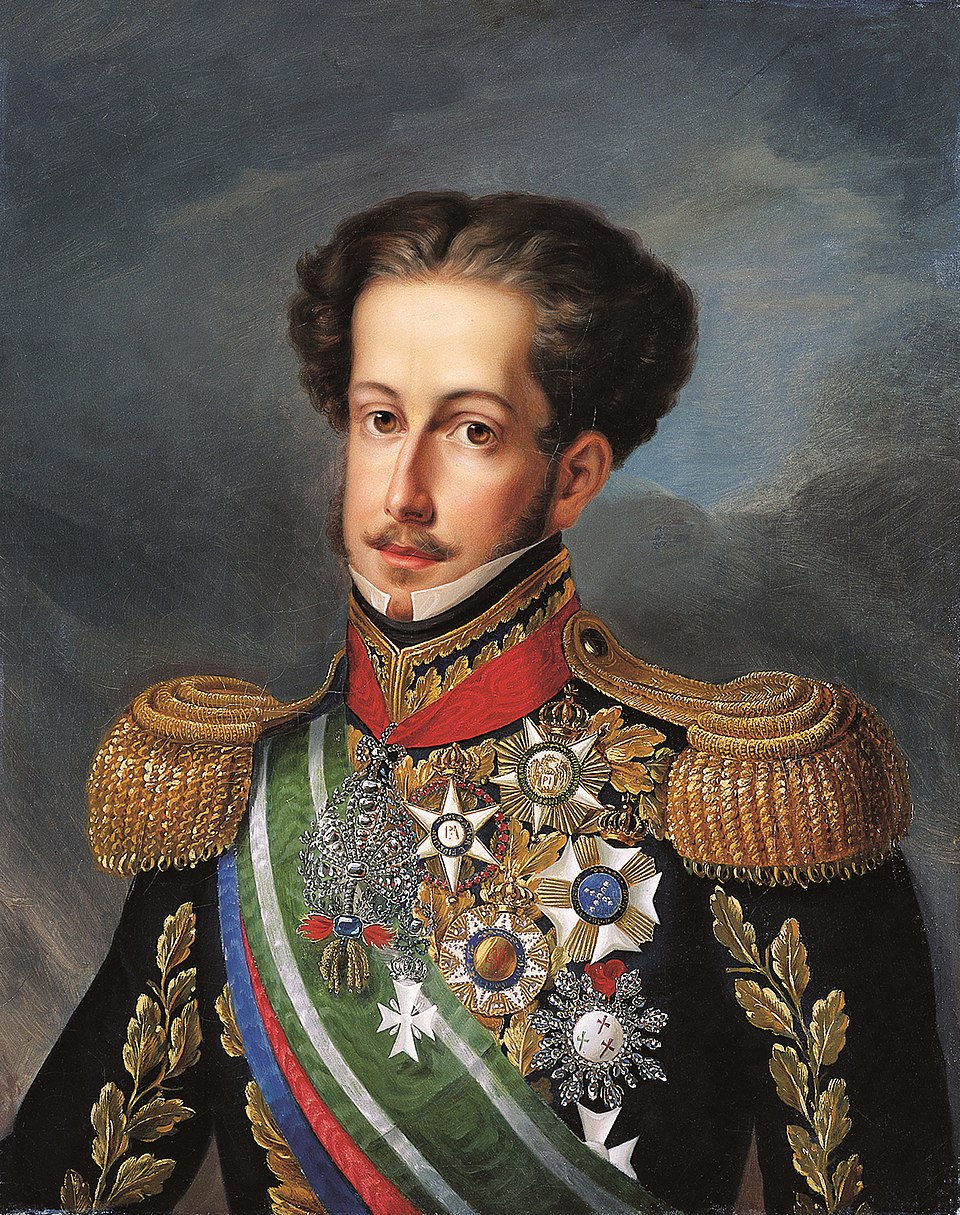









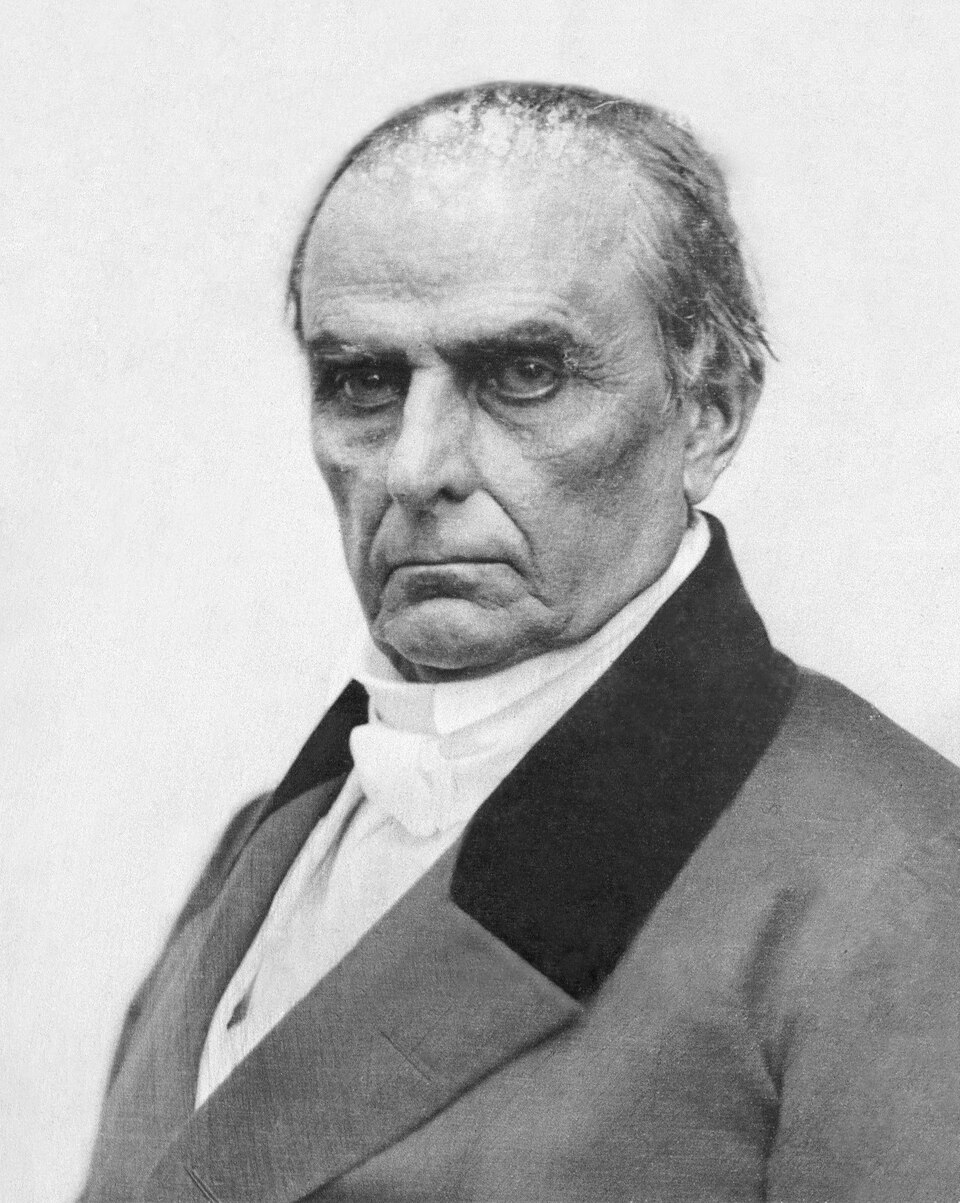


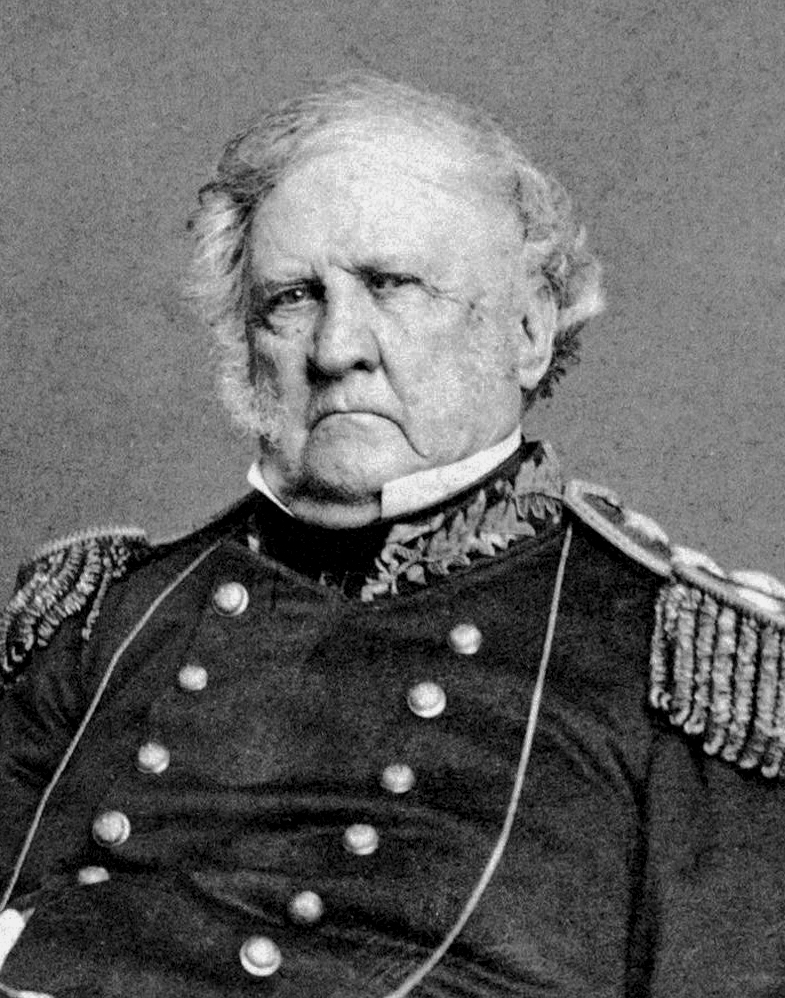





Comments
Author's Notes
Rewritten for May-be 2025 (Gold attempt)
May-be Better 2025 - Gold
Generic article
| Apr 26, 2025
May-be This Could Be Done Better
Unofficial May Challenge: Time to rewrite your old articles.